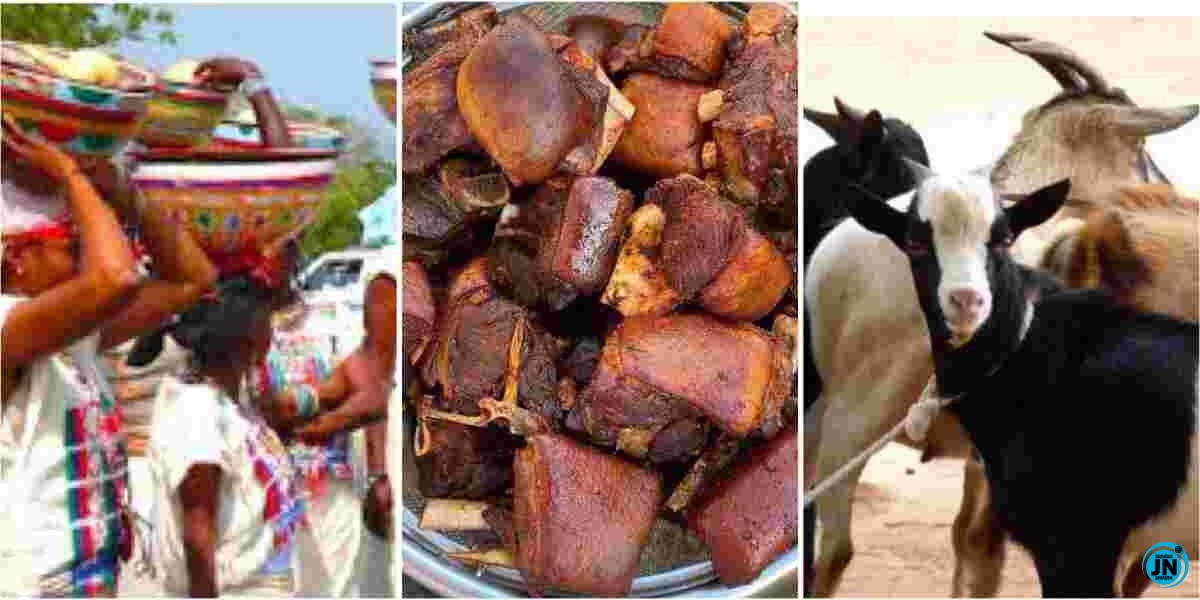
For generations, many Fulanis across northern Nigeria have refrained from eating goat meat, a dietary practice deeply rooted in cultural beliefs, historical traditions, and perceived health concerns. This long-standing custom has been passed down from one generation to another, shaping the food preferences of Fulani communities in various states, including Sokoto, Kano, Jigawa, Bauchi, and Gombe.
Despite the widespread consumption of goat meat across Nigeria, Fulani families continue to uphold this tradition, adhering to the teachings and customs of their ancestors. The reasons for avoiding goat meat vary among different Fulani groups, with some citing religious and historical influences, while others believe in specific health-related concerns associated with its consumption.
Some Fulani elders claim that this practice dates back to the era of Usmanu Danfodiyo, the esteemed Islamic scholar and leader of the 19th-century Sokoto Caliphate. According to oral traditions, Danfodiyo and his followers abstained from eating goat meat, setting a precedent that many of their descendants continue to follow today. For these individuals, maintaining this dietary restriction is a way of honoring their heritage and upholding the traditions of their forebears.
Others believe that goats are unclean animals, often associating them with scavenging behaviors. Unlike cows and sheep—animals that Fulani herders traditionally rear and consider valuable livestock—goats are seen as indiscriminate feeders that consume anything within their reach. This perception has contributed to the belief that goat meat is unsuitable for consumption.
A Kano resident, Malam Abdullahi, shared his perspective:
“Our elders warned us that goat meat can cause diseases like leprosy and asthma. We grew up with this belief, and I cannot bring myself to eat it.”
Similarly, Musa Muhammad, another Fulani man, added:
“Goats eat anything, including dirty things. That is why many Fulani believe their meat is not good for consumption.”
Beyond cultural and religious factors, health concerns also play a significant role in the avoidance of goat meat among the Fulani. Some believe that eating it can lead to illnesses, prompting widespread rejection of the meat within their communities. However, medical experts have repeatedly debunked such claims, stating that goat meat is highly nutritious, packed with essential proteins, vitamins, and minerals that are beneficial to human health.
Despite scientific evidence proving the safety and health benefits of goat meat, these traditional beliefs remain deeply ingrained within many Fulani families. A butcher in Bauchi, Umar Garba, remarked:
“Even if you serve it unknowingly, a Fulani person will recognize it by its taste and refuse to eat it.”
While some younger members of the Fulani community have started questioning this long-held tradition, many still adhere to it out of respect for their elders and cultural heritage. As modernization and increased access to information continue to shape societal norms, it remains to be seen whether this dietary restriction will persist among future generations of the Fulani people.

